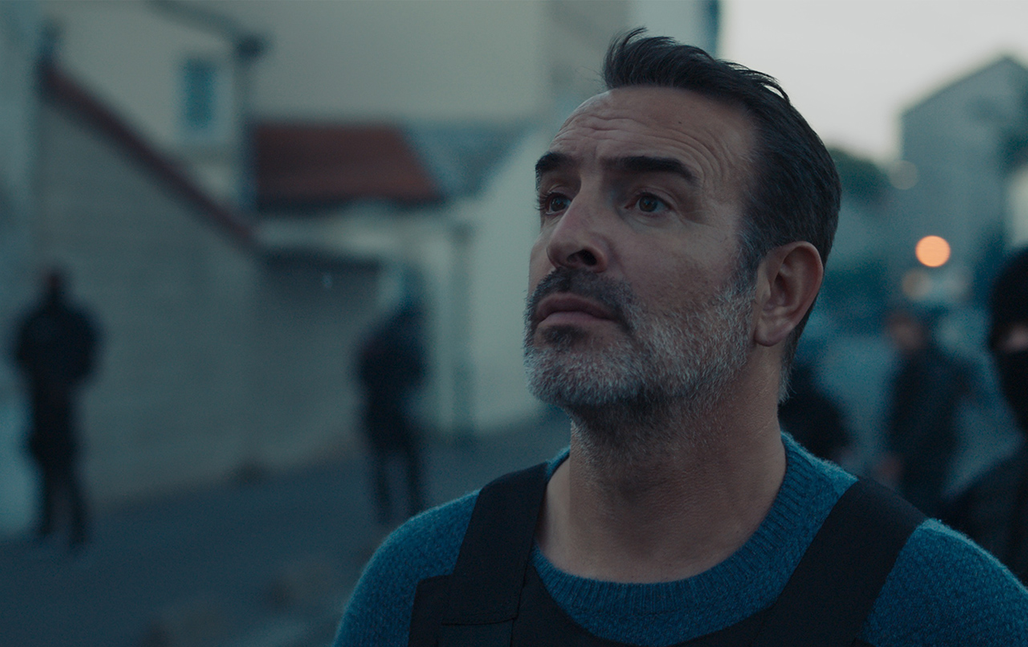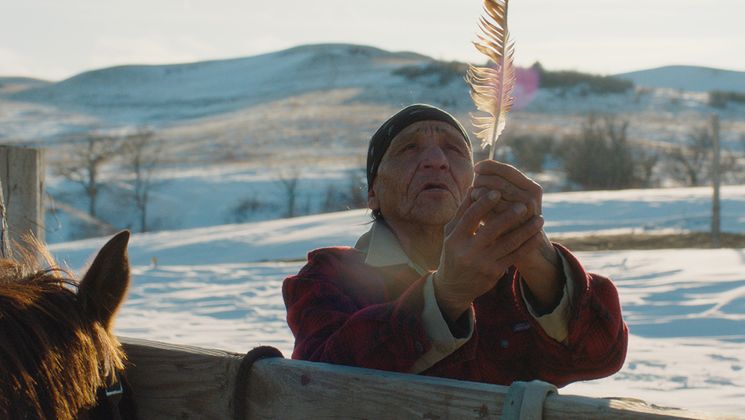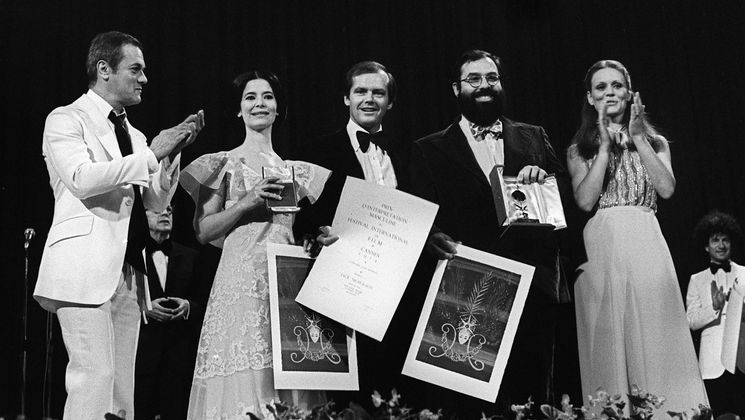
Novembre: interview with Cédric Jimenez

While he was presenting The Stronghold (Bac Nord) in Cannes last year, Cédric Jimenez was in the middle of shooting Novembre, selected this year for Out of Competition. The title is deliberately understated, reflecting the approach he has done his utmost to follow in dealing with a sensitive subject: the five day investigation following the Paris attacks of 13 November 2015.
How did you come to work on the Novembre project ?
The screenwriter Olivier Demangel developed the screenplay over several years, then Mathias Rubin, the film's co-producer, pitched the film to me. I was quite hesitant when they first called me, in view of the subject, what it represents and the fact that it was all quite recent. But I really like Olivier Demangel's work, and knowing his perceptiveness, I wanted to see what he had written.
What convinced you to go ahead ?
I found it deeply affecting and very intelligent in the stance it committed to: the fact it was uniquely from the point of view of the investigation, not showing the attacks as I'd feared. Otherwise, I would not have made the film. The investigation, everything we didn't know about those five days: I found that fascinating, moving and done with the right amount of distance. So I decided to go for it and get involved. We did some re-writes to the screenplay with Olivier, to blend my style into it.
Were you involved in the research as well?
A lot of the groundwork had been done, but we continued it together. It's a very particular project because it's subject to secrecy laws regarding the judicial inquiry, and the sous-direction antiterroriste (SDAT, French anti-terrorist subdivision) is classed as a secret defence service. We documented their working methods and how they operate, then we changed the names and modified the characters.
Where does reality end and fiction begin?
Unlike documentary-making, fiction allows you to adapt reality while remaining faithful and respectful to it. You can show the many interventions, arrests and wrong tracks that were taken without breaking the confidentiality of the inquiry. A documentary can't do that because it has to be extremely precise and get real people to speak – to recount real facts. Fiction allowed us to get close to the truth while still keeping the necessary distance.
How did you manage to keep the correct distance, despite the sensitive nature of the subject?
I came at it from an ordinary citizen's standpoint, ensuring we show proper respect to the victims of the attacks and the inquiry and keeping a fictional filter on things. The film gives a truthful representation of the appearance of the witnesses and the structuring and development of the enquiry. We tried to be very meticulous and very cautious. I didn't want the direction to grab all the attention. By its very nature, this subject demands dignity and respect.
Did emotions ever take over during the shoot ?
There was certainly a very specific emotional charge there. The actors and the technicians dedicated themselves to this story. There was sometimes a particular charge in the air on set. You have to accept it and manage it, not allow it to overwhelm you. We had to stay focussed and keep a cool head, while at the same time not apologising for making this film, which I believe is essential.


